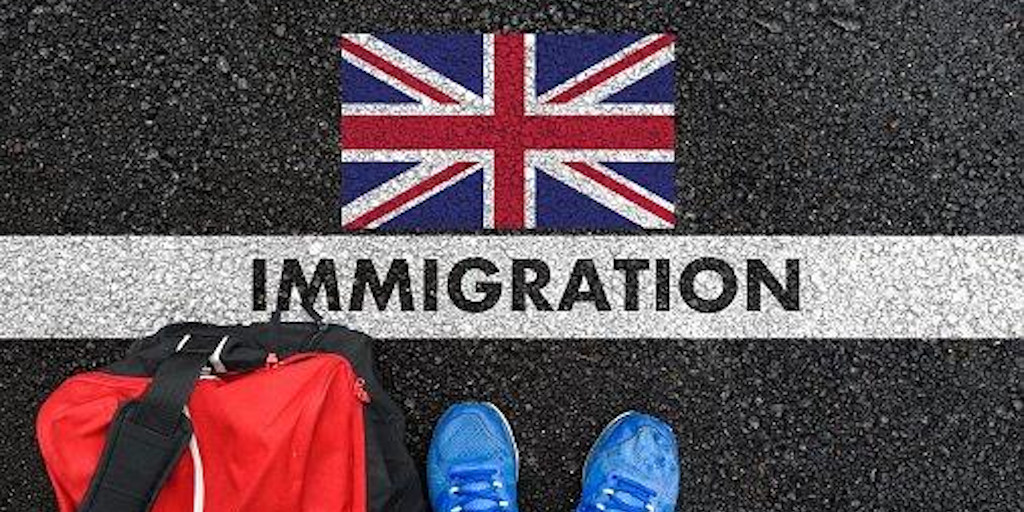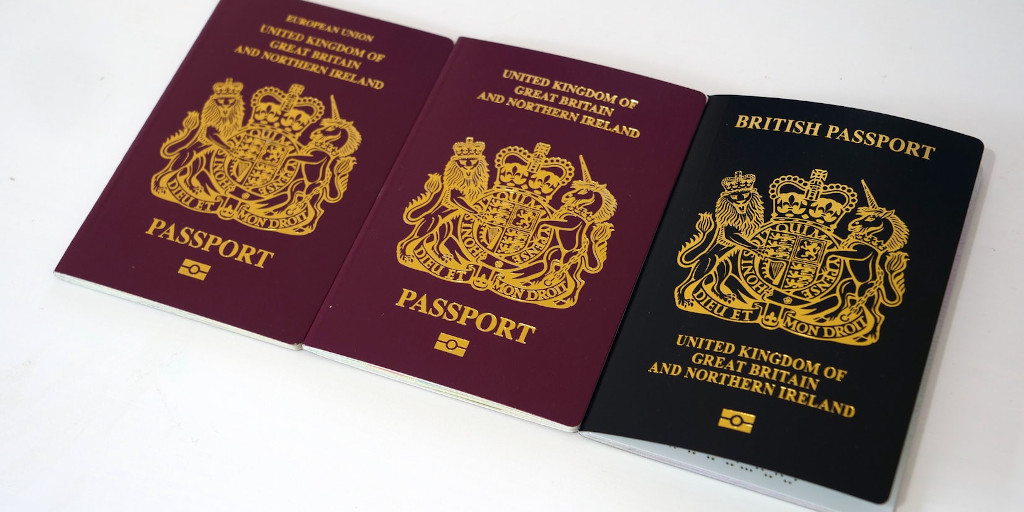
In this article, we look at some of the latest immigration related announcements from over the last few weeks and months.
1 – Sponsorship Roadmap
Published last month, the Sponsorship Roadmap sets out changes which were implemented from 1 December 2020. These include:
- removal of the Resident Labour Market Test
- suspension of the 20,700 cap on skilled workers
- the introduction of the pre-licence priority service meaning a decision could potentially be made within 10 working days (if a coveted priority slot can be purchased!)
For the remainder of 2021, the Home Office will be looking to:
- simplify the process for how they review documentary evidence as part of the sponsor licence application process
- review fees
- introduce an enhanced Skilled Worker eligibility checking tool
- pilot their new salary check feature with HMRC
Between 2022 and 2024, there are further plans to streamline the sponsorship journey including:
- faster end-to-end process for both sponsoring organisations and sponsored workers
- the re-use of information already held by the government such as automatic checks against data held by other departments
- making the system more user-friendly
In addition, the Home Office will launch in Spring 2022, the new “Global Business Mobility” route for overseas business wishing to establish a presence in or transfer staff to the UK. This seems to be revising/ amalgamating existing work visa categories, for example the current Intra Company Transfer category.
2 – Shortage Occupation List review
The Migration Advisory Committee (or “MAC” for short) carry out consultations and determine what jobs they consider to be a shortage occupation in the UK.
A benefit to being able to sponsor a migrant under the Shortage Occupation List (or “SOL” for short) is that 20 points can be scored from this element, rather than under the salary element, to score a minimum of 70 points for sponsorship.
As a result of Brexit, there is no longer an endless supply of EU labour and many business sectors such as care homes are struggling to fill roles and/or pay the necessary minimum salary required under the sponsorship rules.
If you are an employer struggling to fill certain roles in adult social care, you may wish to feed your concerns directly to MAC who currently have an active open consultation. You can submit your responses by 29 October 2021 at this link https://www.gov.uk/government/consultations/review-of-the-impact-of-the-ending-of-freedom-of-movement-on-the-adult-social-care-sector. This is your opportunity to influence policy, but more importantly, help yourself help recruit for those difficult to fill roles by having them add to the SOL.
We would expect the rules to be changed wholesale to address the increasing labour shortage and/or further MAC reviews.
3 – An introduction for employers
The Home Office have published promotional material called The UK’s points-based immigration system: an introduction for employers. Whilst the title doesn’t roll off the tongue, it does seem to be a good overview for employers looking to take the first step and embark on the sponsorship journey.
4 – EU Settlement Scheme deadline…
For quite some time, the Home Office have stood firm that EEA nationals resident in the UK by 31 December 2020 must make an application for status under the EU Settlement Scheme by 30 June 2021.
Since then, they have allowed late applications to be submitted, if there are reasonable grounds.
On 6 August 2021, through a press release, the Home Office have said that these individuals “who apply late to the EU Settlement Scheme (EUSS) will have their rights protected” whilst their application is being determined. This will offer some security and stability for both individuals (and their family members), as well as for employers, though we always recommend checking the latest guidance first!
5 – the new “High Potential Individual” visa category
Towards the end of July, the Department for Business, Energy & Industrial Strategy published their UK Innovation Strategy. As part of this strategy, the government aim to introduce the new “High Potential Individual” route, though it’s not clear when.
This route appears to be for graduates from top global universities wishing to come to the UK to work. It seems that no job offer is required and it offers flexibility to the visa holder for changing employers.
If introduced, it seems to be a similar to previous (and now closed) visa categories such as the Highly Skilled Migrant Programme, and the Tier 1 (General) route.
We would expect the current Graduate visa category to remain open, as this is open exclusively to foreign students who are graduating or recently graduated from a UK higher institution.
First published: 28 September 2021
Further information
If you have any questions and/or would like tailored advice on any UK immigration matter, please speak to us at: hello@dixcartuk.com or to your usual Dixcart contact.





